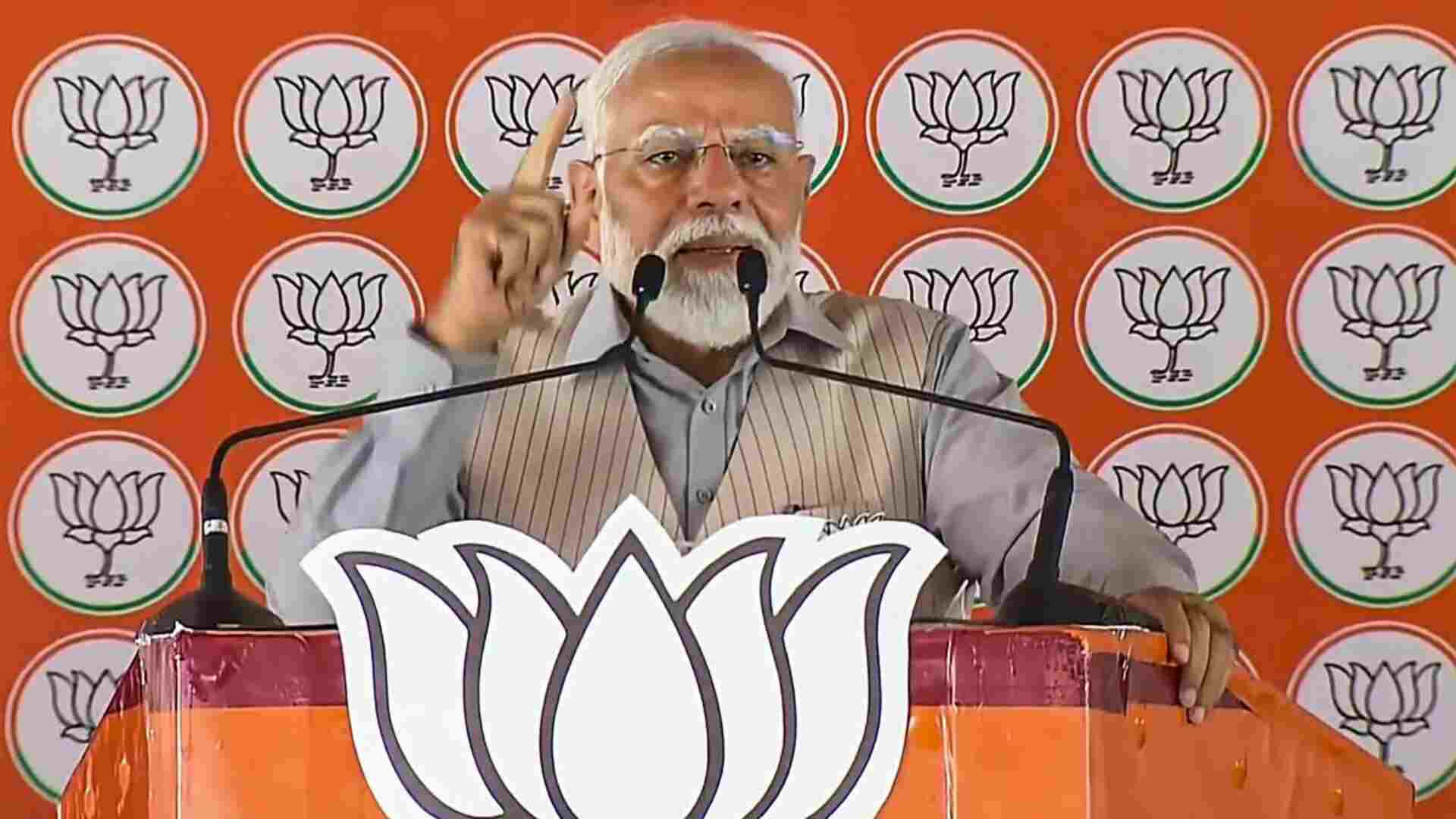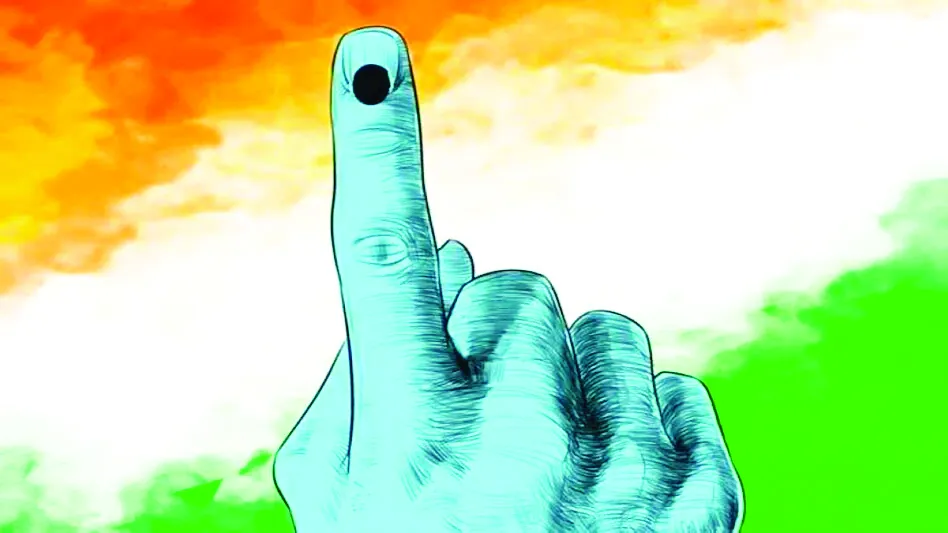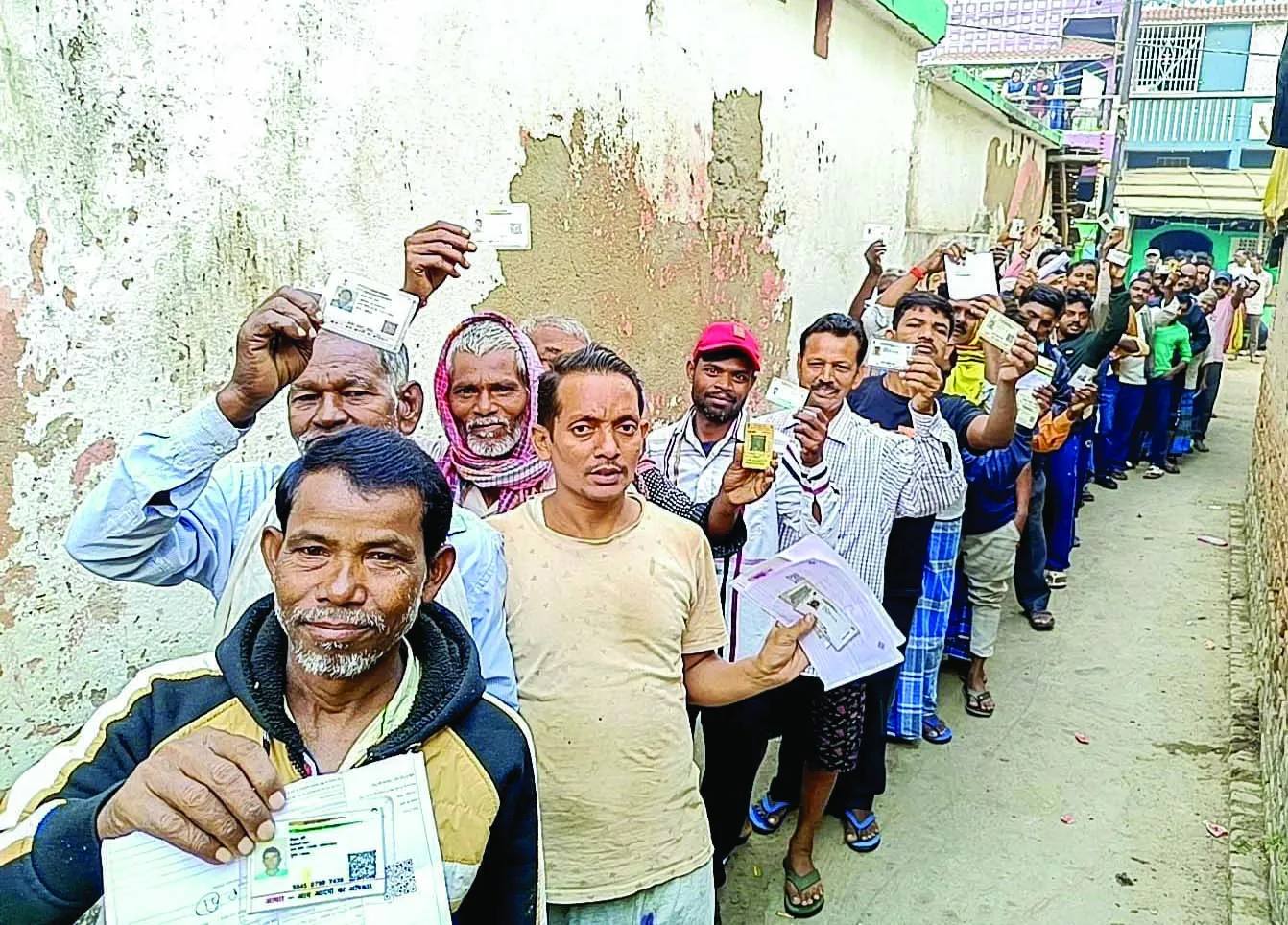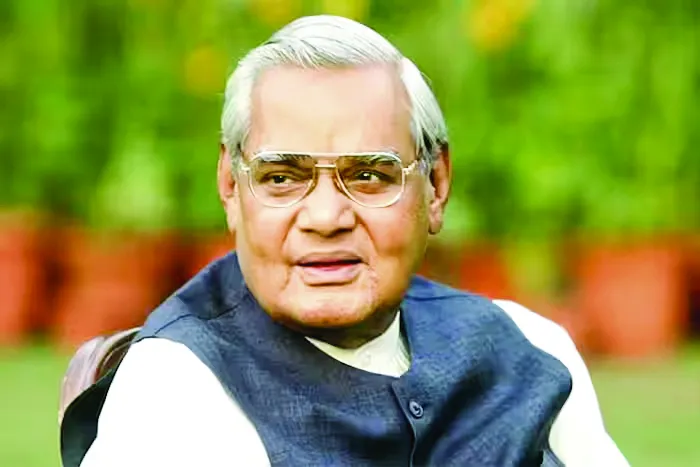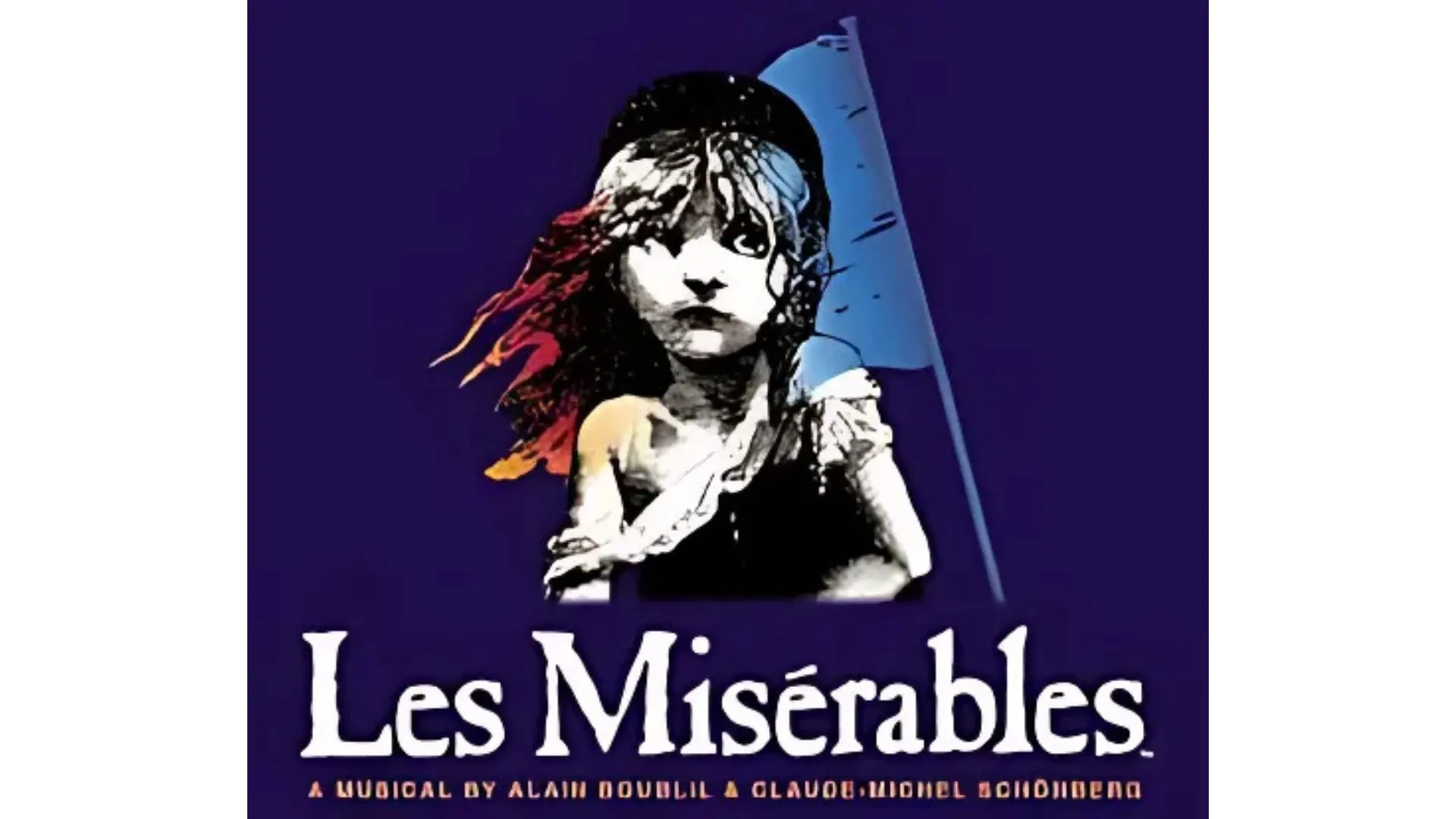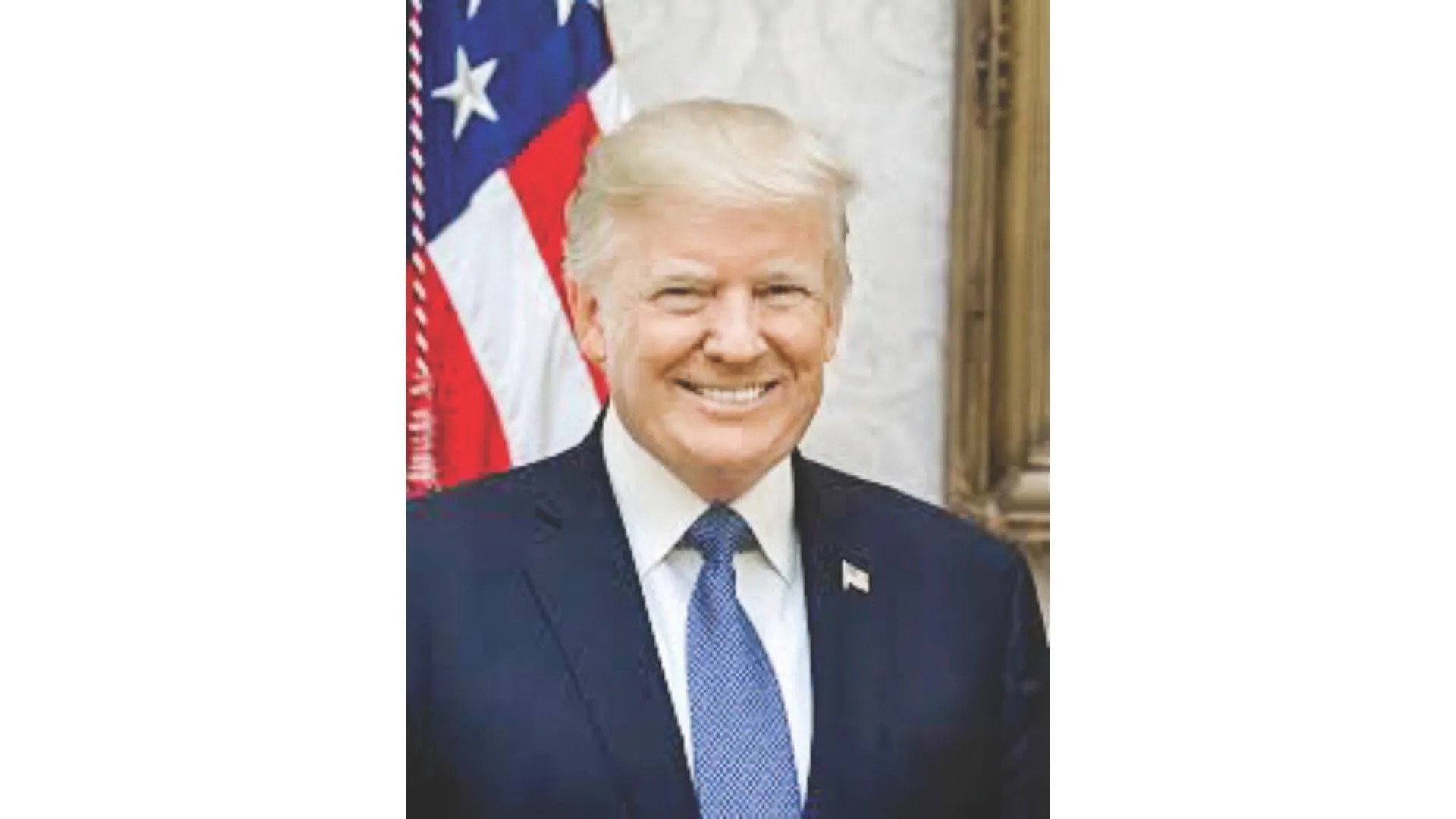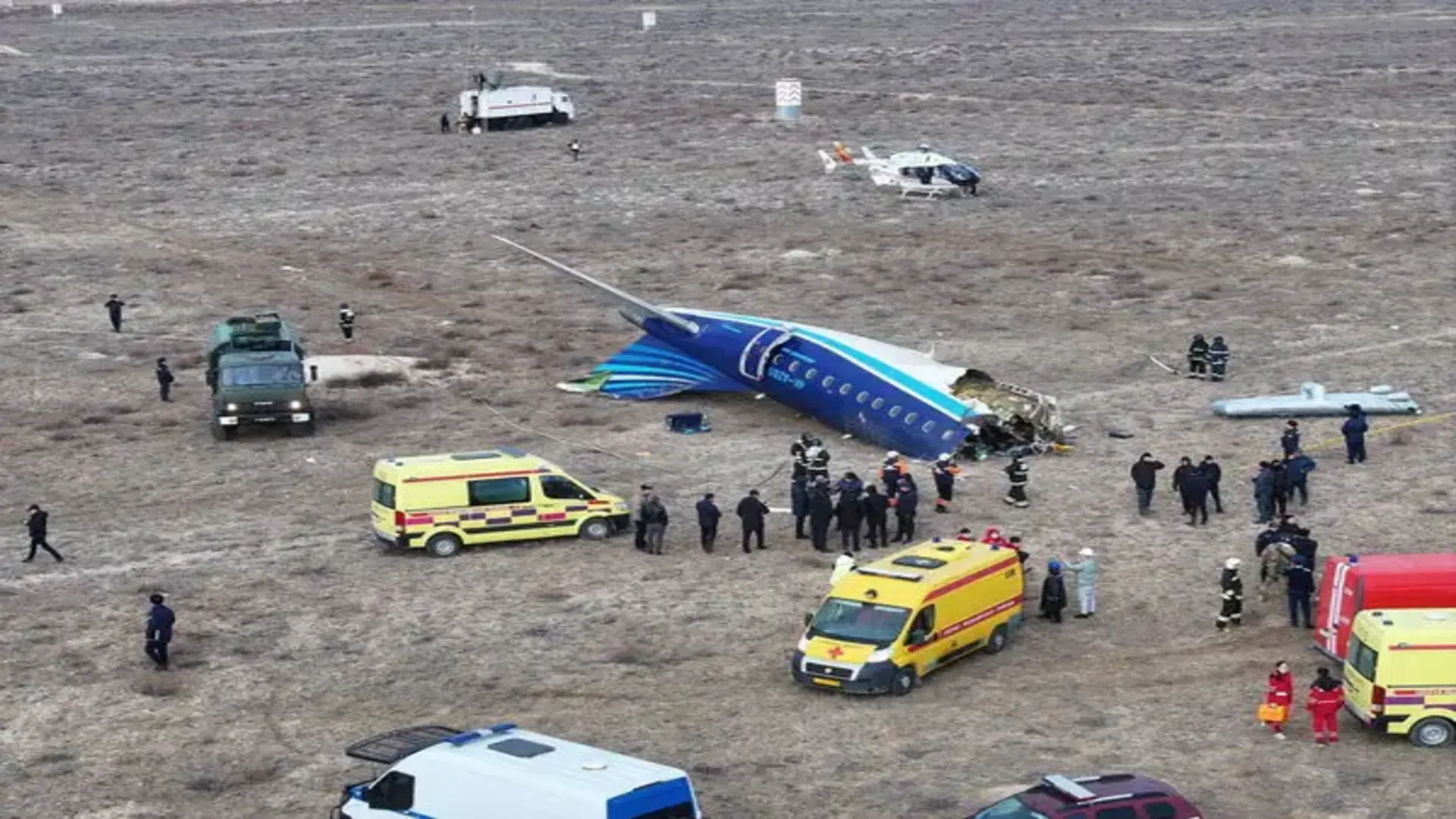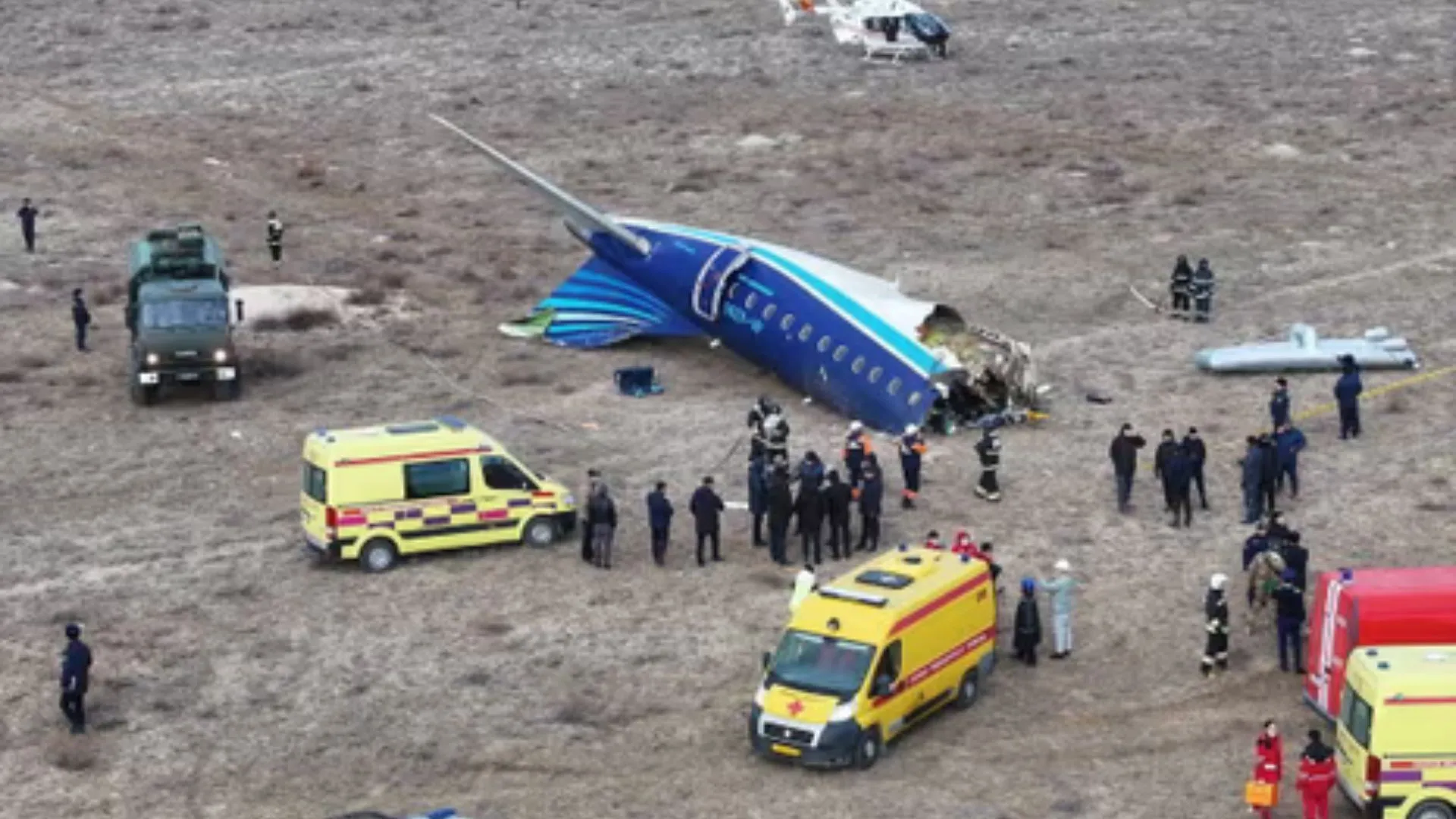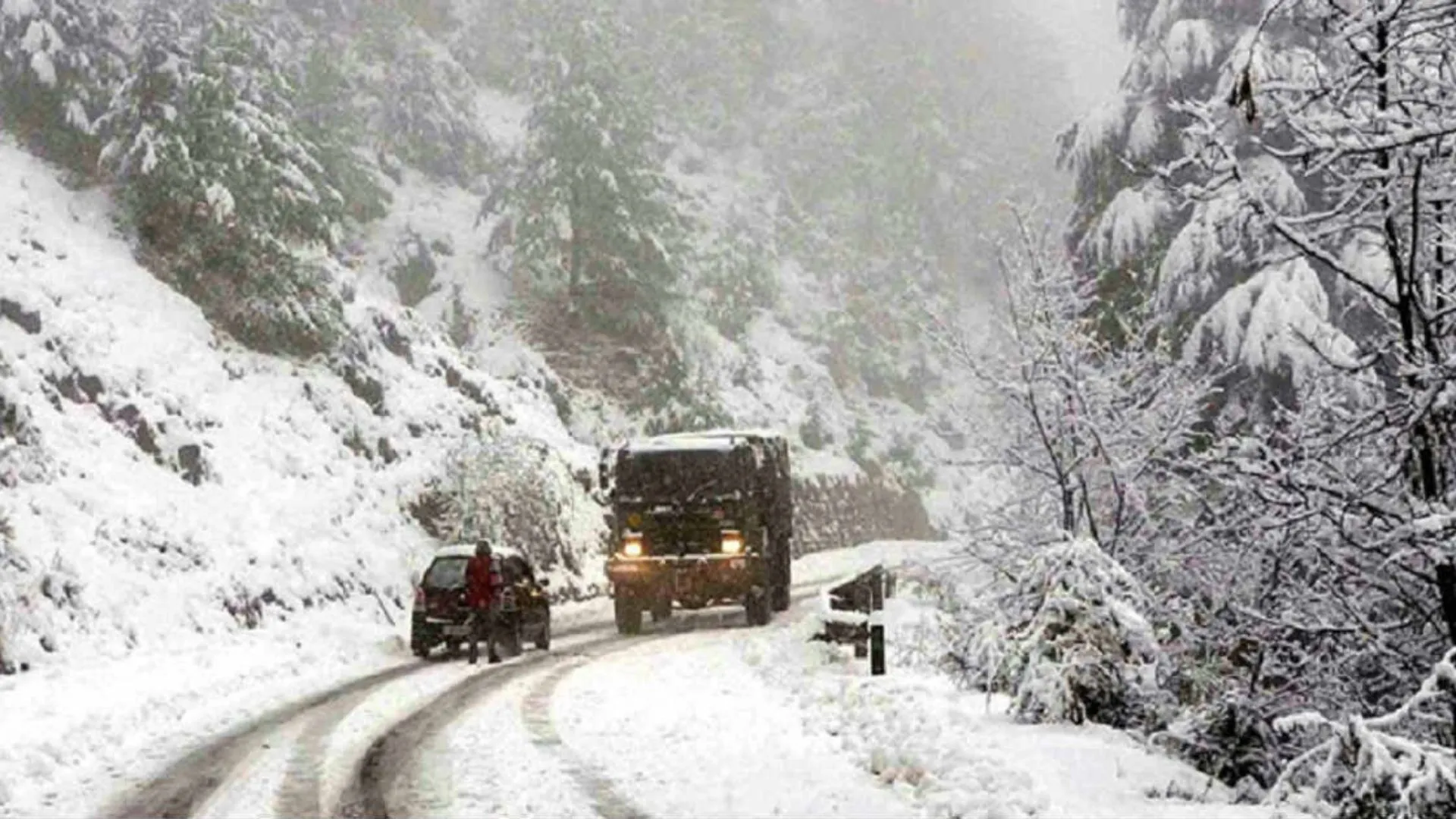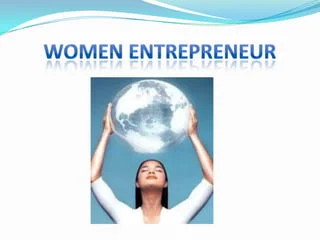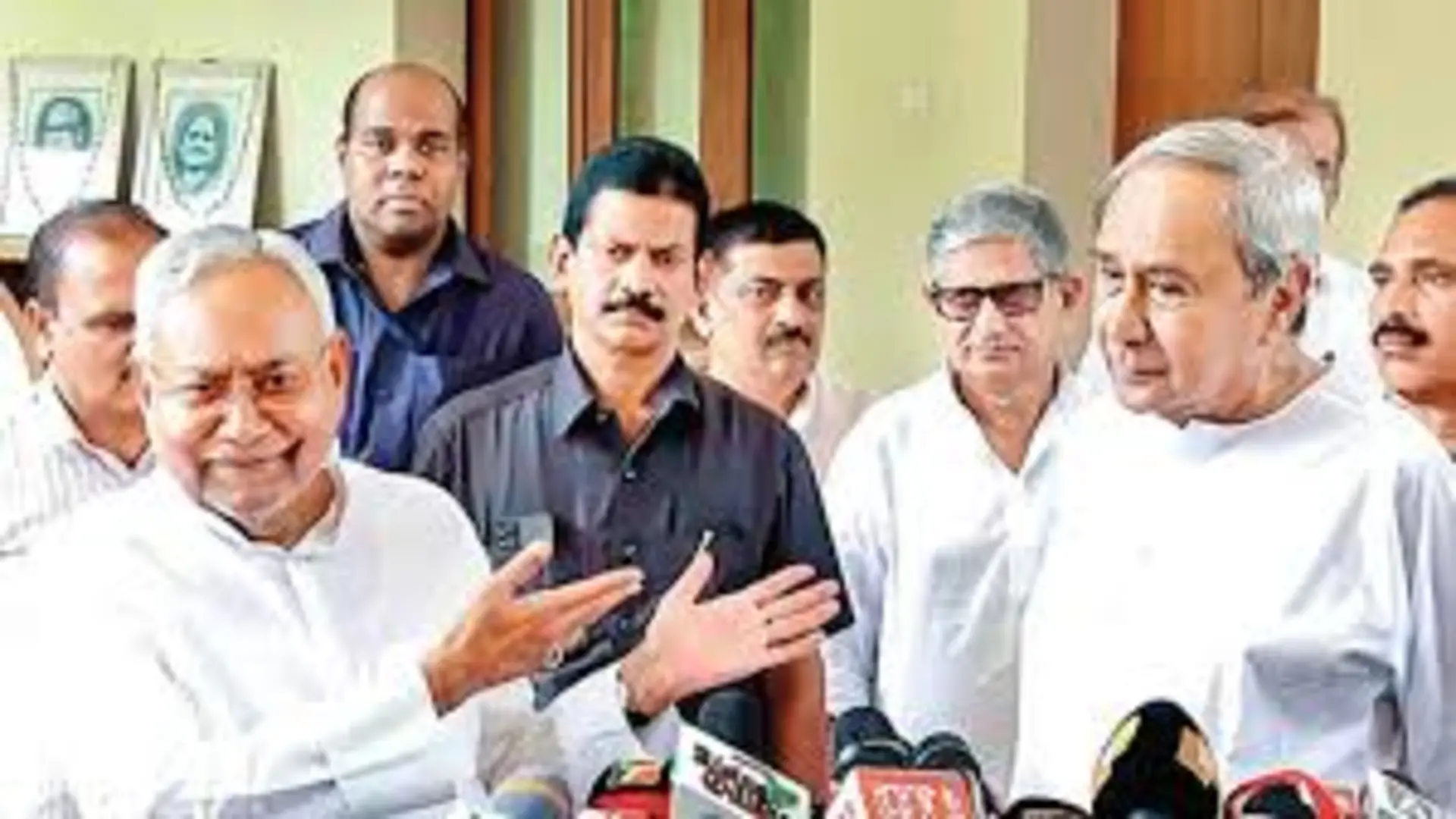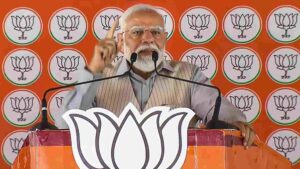Prime Minister Narendra Modi, while justifying why he was not in favour of holding press conferences, has claimed that the media was not neutral anymore, and journalists viewed developments from the prism of their ideological leanings. In an interview to a Hindi news channel, Modi said that the nature of the media has changed over the years and it was no longer the neutral entity it used to be. It is perhaps for the first time that the Prime Minister has spoken on this issue, and thus has sparked off a debate in media circles. There are a large number of media persons who agree with Modi but for a different reason. They believe that the media was not neutral any longer, and this was demonstrated by the excessive coverage which was received by the ruling dispensation, on tv channels and newspapers. This did not necessarily depict the truth and at times was highly exaggerated and in favour of the party in power.
The term, “Godi’’ media that has been coined by the BJP’s opponents is aimed at emphasizing inaccurate depiction of events and personalities in order to provide an advantage to those in power. There is a contrary view as well which is about the inherent bias that is in the mind of those opposed to Modi, and who in their narration of the events, bring in their opinion on the subject to underline their aversion. Long time ago during my stint in the Times of India in the early 1980s, my resident editor, Inder Malhotra, used to stress on the need for journalists to be objective while reporting. He used to state that when you are covering something, please report in the most objective manner. However, if there were any views you had on the issue, there was always the opinion page or the edit page to provide the perspective. In fact, he and many of his contemporaries, always encouraged all kinds of opinions to be put on the Edit pages, in order to allow the readers to draw their own conclusions. Modi’s reasoning is that while he did not prevent any journalist from asking him questions during an interview, he was against holding press conferences. He was answerable to Parliament and if there was any issue to be talked about, he would rather do it there instead of at a presser.
The accusation against the Prime Minister is that he speaks on many issues outside, even when the Parliament is in session, thus not conforming to the accepted practices. Being the leader of the House in Lok Sabha, the Prime Minister must not move away from tradition. It is true that Modi has been speaking about subjects close to his heart in interviews and in his Man ki Baat. The charge against him is that he avoids answering inconvenient and uncomfortable questions and prefers to handle the media in his own manner. This is in the backdrop of various Prime Ministers before him who did not shy away from any kind of open media inter-action. This would provide them with an opportunity of receiving a feedback, and also in putting to rest all doubts which anyone may have. Indira Gandhi for instance would face a very hostile media, particularly on her visits to western countries, but always came out to be the winner with her smart answers that would also leave her critics holding their breath. Atal Behari Vajpayee had a special equation with all journalists and could dismiss any uncomfortable question with his wit and repartee. It was God’s gift to him. Manmohan Singh would regularly meet the media and during his visits abroad, he would always make it a point to interact with those who had accompanied him on his visit aboard the aircraft itself. The questions ranged from domestic to international and from politics to economics. Of course, Modi is entitled to have his own mechanism for acquainting himself with public opinion and also with the issues in the minds of the general people.
He may be right that there is a hostile element within the journalist community that is always wishing to fix him. However, this should not deter him from answering questions since it would add to his credibility more than responding to queries posed by media persons perceived close to him. There are many prominent journalists and anchors who are no longer working with various TV channels and have opened their own YouTube channels or have podcasts on current affairs. Their programmes are popular and well received by the people and that is the reason they are still on air. The media is regarded as the fourth pillar of democracy and it is its inherent duty to bring to light certain happenings which are taking place in order to make the people aware. In fact, spreading awareness is an inherent aspect of media functioning. However, in the polarized society we live in, the differences between various sections have sharpened and thus media has evidently got caught up in this cross fire. It is both the responsibility of the political class as well as those in the media to maintain neutrality and not be swayed by one set of ideology or the other. The basic requirement is that the emphasis should remain on truth and accuracy. The Prime Minister has his own reasons for having his opinion. But it does not mean that the journalists should stop being objective and neutral.

